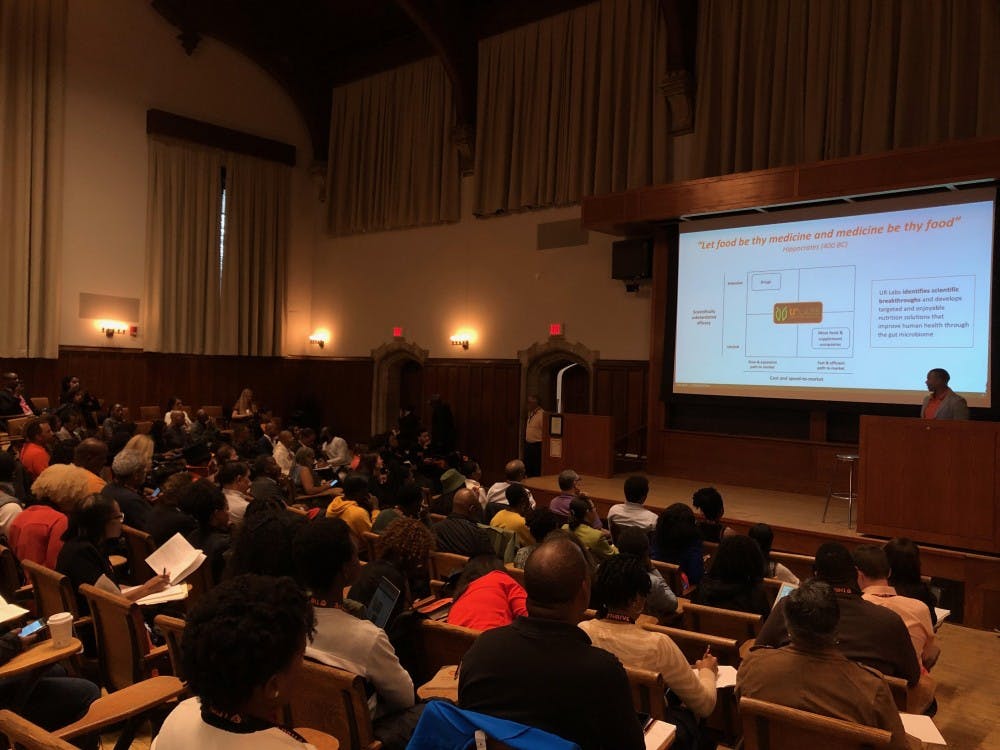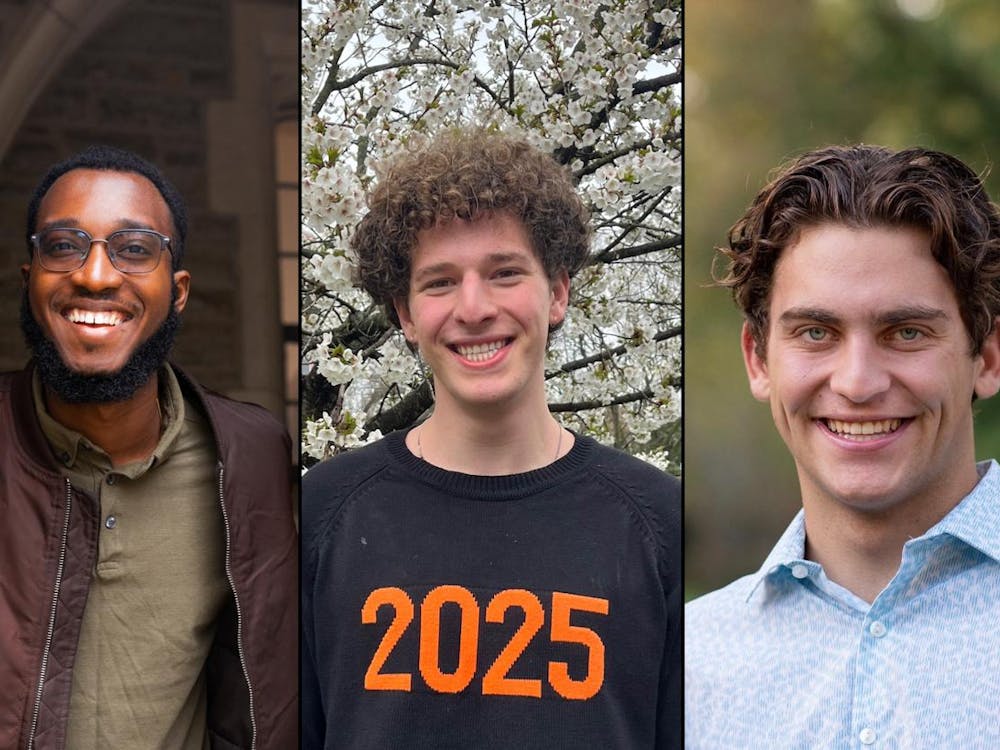The arrival of autumn’s crisp weather on campus was accompanied by an influx of black Princeton alumni returning for Thrive, a three-day conference that sought to empower and celebrate Princeton’s black alumni. Sporting various patterns of orange and black, black alumni swarmed the ivy-covered campus, eager to learn and bond with one another.
For some black alumni, Thrive marked the first time back in the Orange Bubble since receiving their diploma. Thrive represents the fourth University-sponsored black alumni conference and the largest yet, with over 700 more registries than the last conference, “Coming Back,” in the fall of 2014; about 1,400 black alums attended Thrive. Undergraduate participation in Thrive was unprecedented: students performed, networked, and attended events all weekend. For many current students, such a massive congregation of black alumni at this predominantly white institution was a powerful experience.
Princeton does not have the reputation of being the most inclusive or welcoming institution for people of color. Malachi Byrd ’20 highlighted the tendencies of the black student experience to be both “suffocating” and “isolating.” So even if only for the weekend, we had the opportunity to breathe and be heard, reminiscing in a collective memory of protest and progress. As Jailany Thiaw ’22 said, “It was powerful, seeing the connections with alumni and understanding how our stories fit into the larger stories of black Princeton. What is happening now [with the Woodrow Wilson School, for example] may have not been the first time we fought. It is just one small fight in a bigger fight.”
Thrive highlighted how far we have come. “Visibility,” “power,” and “belonging” are three words that describe what Thrive meant to students like Niara Hightower ’22. Thrive is a product of the University recognizing the steps that can be made to improve the black experience. But it is imperative that the conversation doesn’t end here. Princeton must continue to proactively work to improve the experience of black students.
An evident takeaway by the black student body was the immense care each alum had in every interaction. Maybe it was in part because so many alums saw themselves in us. Thiaw described an unintentional run-in on Thursday evening with an alum who was purposeful in connecting with him: discussing his experiences, interested in hearing the good and the bad, and advocating for the continuation of the conversation even past Thrive weekend.
Whether it is through personal interactions or scheduled events, each undergraduate took something different away from last weekend. Persis Baah ’23, a first-year from New Jersey, spoke about how a simple conversation with an alum introduced her to career path that combined several of her interests into one. From a career development standpoint, Baah found it eye-opening and transformative to see people who were successful in their professional endeavors, making her wonder: “what awaits me?”
For Bayo Okusanya ’20, a senior in the philosophy department, the events and interactions of Thrive, namely the performance showcase, evoked a drive to explore his interests, and not just those that would pay. He believes it is crucial to his personal development to explore his interest in music after being inspired by alumni singing and dancing, doing what they love. Ashley Scott ’21 had a different relationship with the event, as her mother had graduated in the class of 1995. During Thrive, Scott saw her mom and her friends interact with each other in a way that taught her that “You can build meaningful connections at Princeton, but they don’t have to stay at Princeton.”
But above all, a common theme of the interviews was the idea of a family reunion, the visibility of a support system within such a predominantly white university, of finally belonging. As Scott recalled, “Thrive felt like a family reunion with people of all different ages, shades/colors, hair types, etc. I had lunch with a biracial friend on Friday, and it was the first time on campus that she felt like she belonged, and I agreed because it was such a family. This joy justified Thrive entirely because it is so important to allow people the space to feel good about themselves and their shared experiences.” Spaces like Thrive that enable black people to be unapologetic and at ease in their space are imperative, especially at a place like Princeton.








